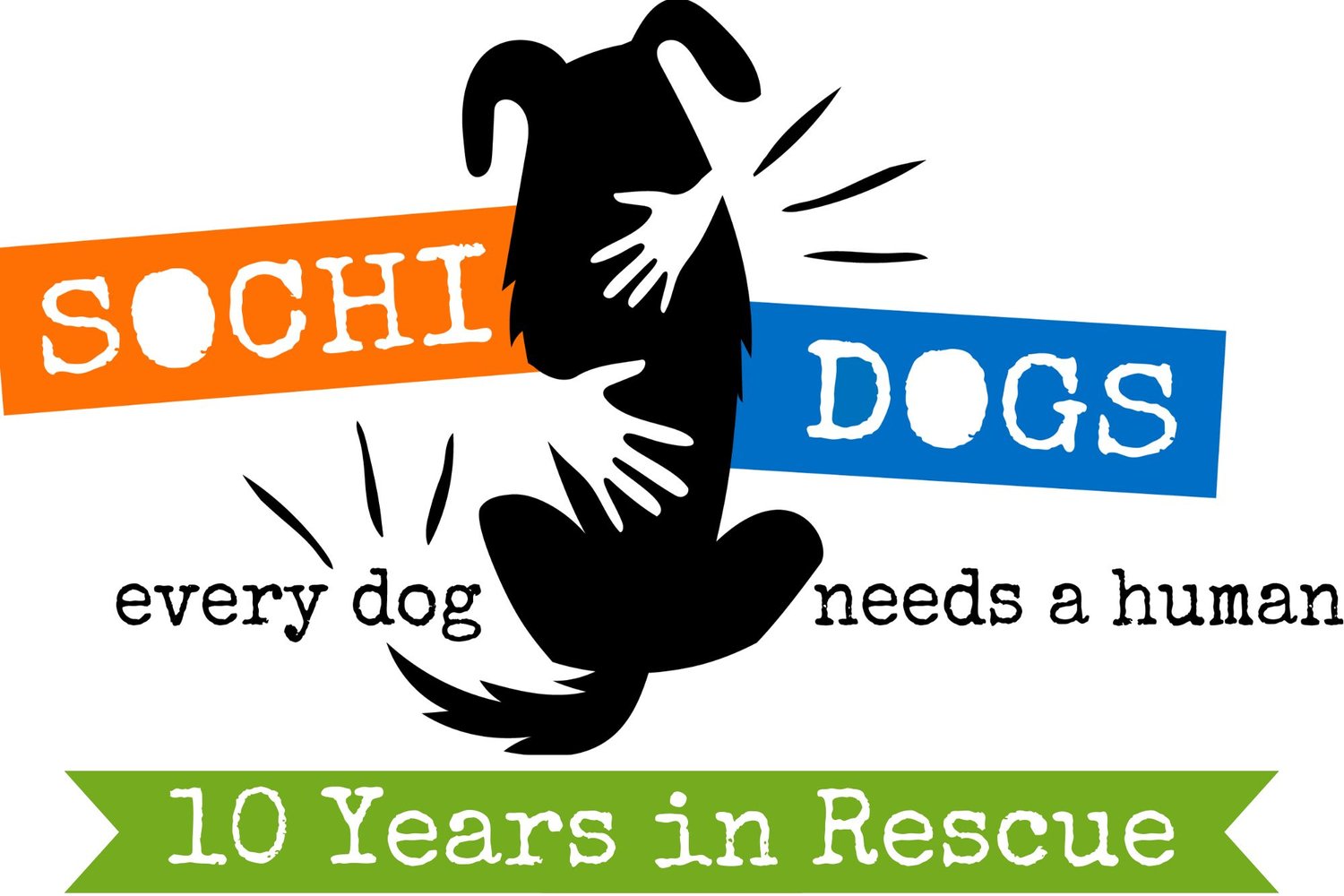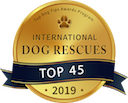How to Care for Your Adopted Dog
Adopting a stray or abandoned dog is a kind and generous way to add to your fur family. However, properly caring for an adopted dog—particularly an adult one—can often pose additional challenges when compared to caring for a newborn puppy or an older dog raised by a breeder. Here are some tips on how to take good care of your adopted dog.
Get your dog vaccinated
Just like for humans, vaccines play a very important part in keeping your dog healthy and preventing a number of diseases. The folks over at easyvet distinguish between ‘core’ vaccines and ‘lifestyle’ vaccines: core vaccines are those that every dog should have, whereas lifestyle ones may be offered by your veterinarian depending on your dog’s breed, environment, and levels of activity. You might not be able to find out whether your adopted dog has already been vaccinated, so it’s a good idea to get them vaccinated just in case. The core vaccines for dogs are rabies, parvovirus, Bordetella, leptospirosis, distemper, Lyme disease, parainfluenza, and canine influenza.
Keep up with worm, flea, and tick treatments
Regular worm, flea, and tick preventative medicine is just as important as vaccines in ensuring the health of your dog—and your health, too, since you could catch diseases such as Lyme disease if your dog gets infested with ticks. Keep an eye out for ticks when you are grooming or stroking your dog and take them to the vet if they are often scratching, as this may be a sign of a flea infestation. Worms are impossible to spot on your own, but the vet will be able to see them in your dog’s poo under a microscope. You should worm a puppy weekly when they are aged between 3 and 12 weeks, then monthly until they are 6 months old. After this time, you should worm your dog every 3 months.
Consult a behavioral specialist
This won’t be necessary for everyone, but if your dog was mistreated by a previous owner, they may have become traumatized and may present with unusual behaviors that you won’t necessarily know how to handle. Your dog may have separation anxiety, appear fearful or shy around other dogs and/or humans, or aggressively guard their food and territory. Much like when dealing with behavioral issues in a young child, it is extremely helpful to remain calm, be consistent and give your dog time to realize that they are no longer in an unsafe situation and that they can relax around you. The American Kennel Club has some great advice on how to find a good dog trainer, including the idea that a dog trainer’s job is really to train you to train your dog—as it will be impossible to achieve consistency if you take your dog to the training sessions and then forget to apply what you both learned back at home. For the same reason, your trainer should be willing to work with the whole family, including your kids.


